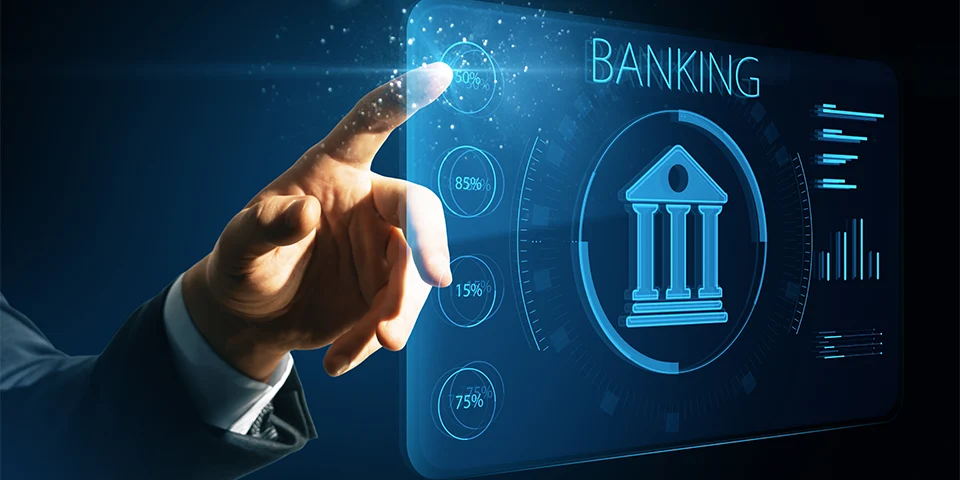In the rapidly evolving landscape of financial technology, digital payments are undergoing transformative changes. The future of transactions is being shaped by the powerful combination of artificial intelligence (AI) and blockchain technology. These advances are not just enhancing the efficiency of monetary exchanges, but are also setting new standards for security, transparency, and user experience.
AI and blockchain are at the forefront of this transformation, representing the intersection of automated intelligence and immutable ledgers. Together, they are revolutionizing how transactions are conducted, tracked, and verified, leading to a more robust financial ecosystem. Understanding their impact will help both consumers and businesses navigate this exciting new era of digital finance.
The role of artificial intelligence in digital payments

In the realm of digital finance, artificial intelligence is playing a pivotal role by offering highly individualized payment experiences and enhanced security measures. AI algorithms analyze vast amounts of data in real-time, allowing systems to learn from transaction patterns and adapt to user behaviors. This capability results in highly customized payment options tailored to individual preferences and spending habits.
Moreover, AI’s use in fraud detection has become a cornerstone of trustworthy financial systems. By quickly identifying anomalies and flagging suspicious activities, AI minimizes the chances of unauthorized transactions. Machine learning models are now capable of detecting subtle signs of fraud, which significantly reduces false positives and maintains the integrity of payment ecosystems.
Smart contracts and automation
Smart contracts, powered by artificial intelligence, are reshaping how agreements are executed in the financial world. These self-executing contracts automatically enforce and verify the terms of an agreement once the predetermined conditions are met. The automation facilitated by smart contracts reduces the need for intermediaries, thus simplifying and expediting the transaction process.
The implications of smart contracts go beyond just saving time and costs. They enhance accuracy and security by eliminating human error and ensuring that the transaction processes are transparent and immutable. This level of automation also lays the groundwork for more elaborate decentralized systems, providing a seamless experience for users engaging in financial activities.
Enhanced customer experiences
AI is enhancing customer experiences in the digital payment space by providing personalized recommendations and streamlined services. Through data analysis, AI can understand user preferences and offer targeted solutions, making the entire transaction process smoother and more engaging. Personalized notifications, tailored offers, and intuitive interfaces contribute significantly to user satisfaction.
Additionally, virtual assistants and chatbots are revolutionizing how support is provided to customers. These AI-driven tools can address queries, process transactions, and offer assistance around the clock with minimal human intervention. This leads to faster resolution times and boosts consumer confidence in digital transactions.
The impact of blockchain on financial transactions
Blockchain technology is bringing unprecedented levels of transparency and security to financial transactions. By providing a decentralized ledger that is immutable and publicly verifiable, blockchain eliminates the need for traditional intermediaries and creates a more secure framework for exchanges.
Blockchain’s capacity to store information across a network of computers makes it highly resistant to tampering, thereby enhancing trust among users. In an environment where trust is paramount, having a secure and verifiable record of all transactions is a significant advantage for both businesses and consumers alike.
Decentralized finance (DeFi)
Decentralized finance, or DeFi, is one of the most compelling applications of blockchain technology in the realm of financial transactions. DeFi utilizes blockchain to create a financial system that is open, transparent, and accessible to anyone with an internet connection. This system operates independently of traditional banks and financial institutions.
By leveraging blockchain, DeFi offers a range of financial services, including lending, borrowing, and trading, without the need for central intermediaries. This not only reduces costs but also increases accessibility for underbanked populations around the world. Users can engage in financial activities on an open network, ensuring greater autonomy and control over their assets.
Cross-border transactions
Blockchain provides a solution to the complications often associated with cross-border transactions. Traditional methods are typically slow, costly, and lack transparency; however, blockchain streamlines this process by enabling faster and cheaper international payments.
With blockchain, transactions are processed on a distributed ledger that can be accessed by all parties involved, regardless of their geographical location. This eliminates the need for intermediary banks, greatly reducing transaction fees, and minimizing the time required for processing. Such efficiency makes blockchain a preferred method for cross-border payments.
